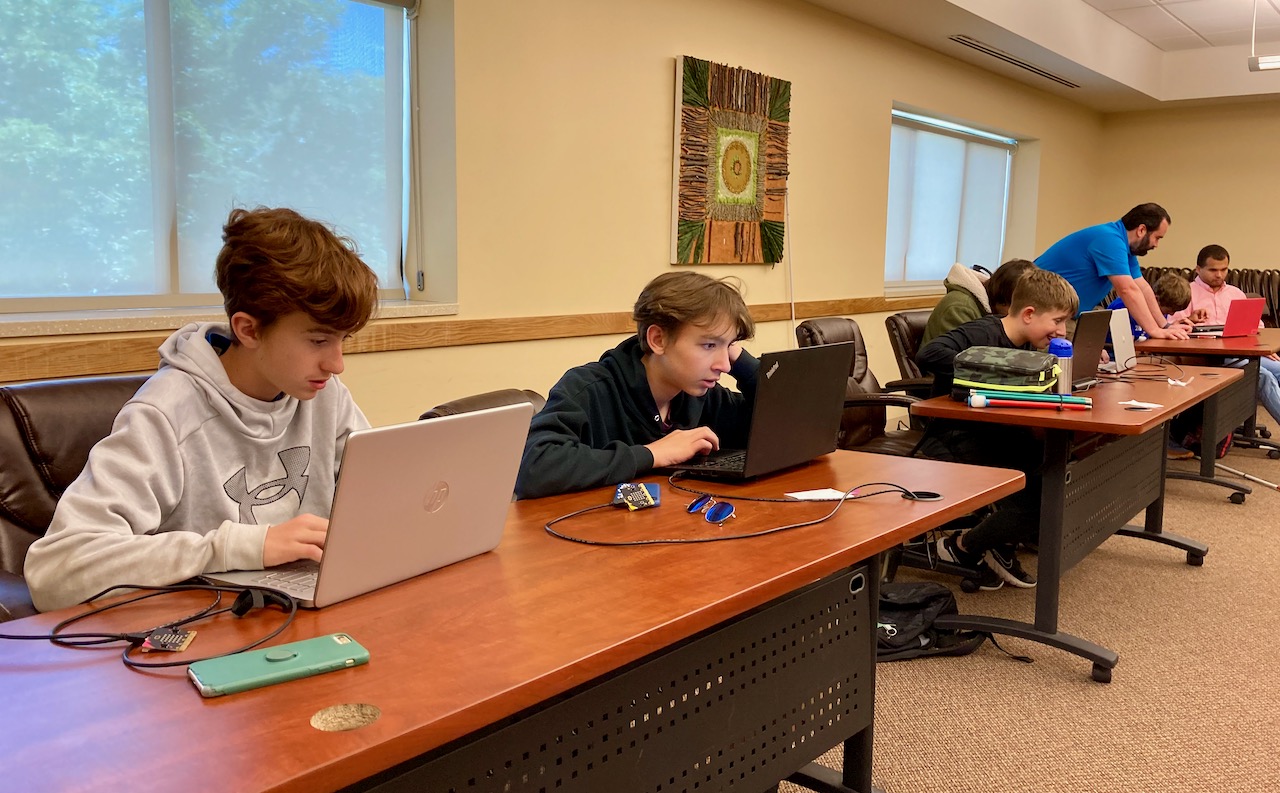
It may have been the worst speech synthesis since, well, the VoTrax (circa 1987), but it sounded beautiful because this room full of blind students had coded their BBC Microbits themselves to produce that "Hello!”
It was all part of our two-day camp with Cyber.org's Project Access on coding/robotics here at the Colorado Center for the Blind. We had ten participants - a mix of middle and high school students and our younger Independence Training Program (ITP) students.
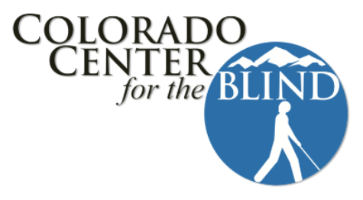
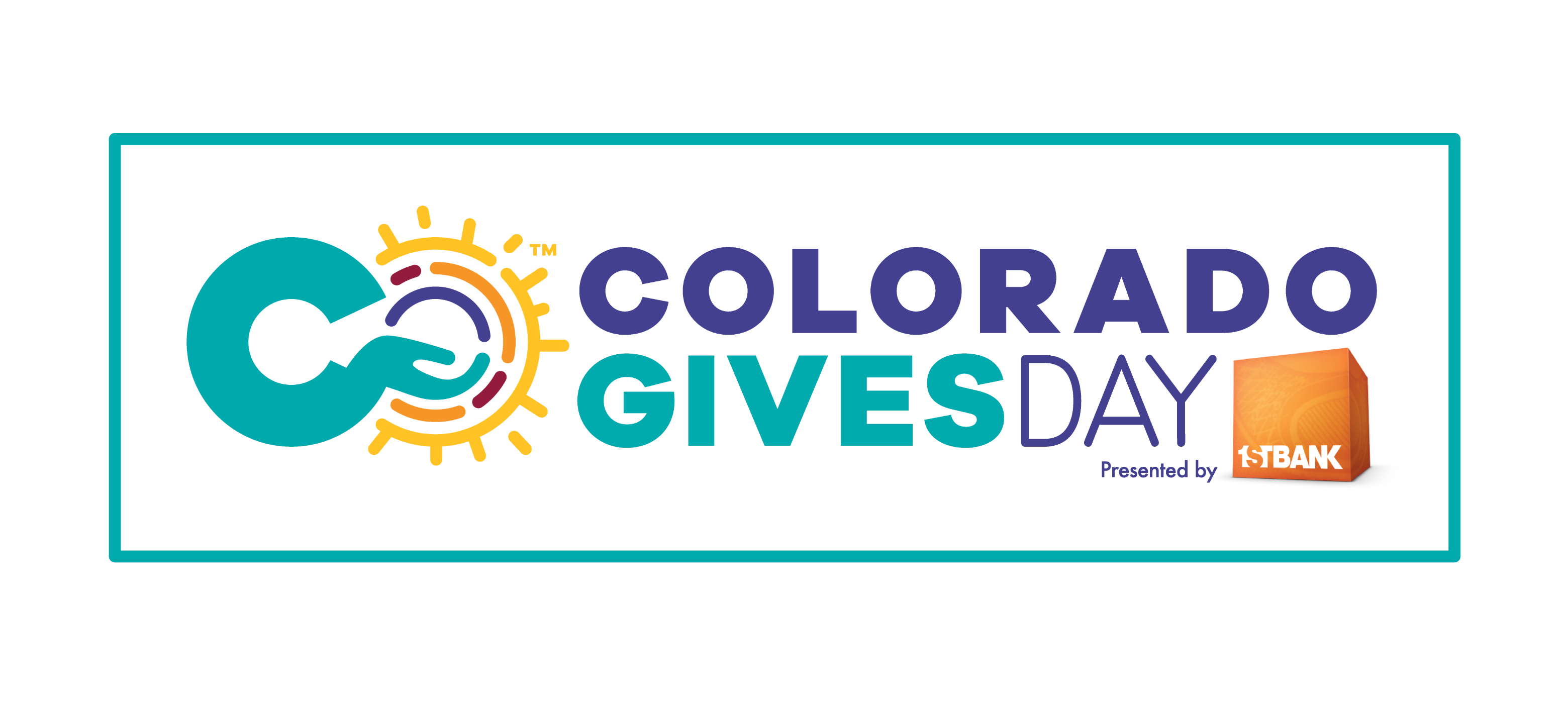
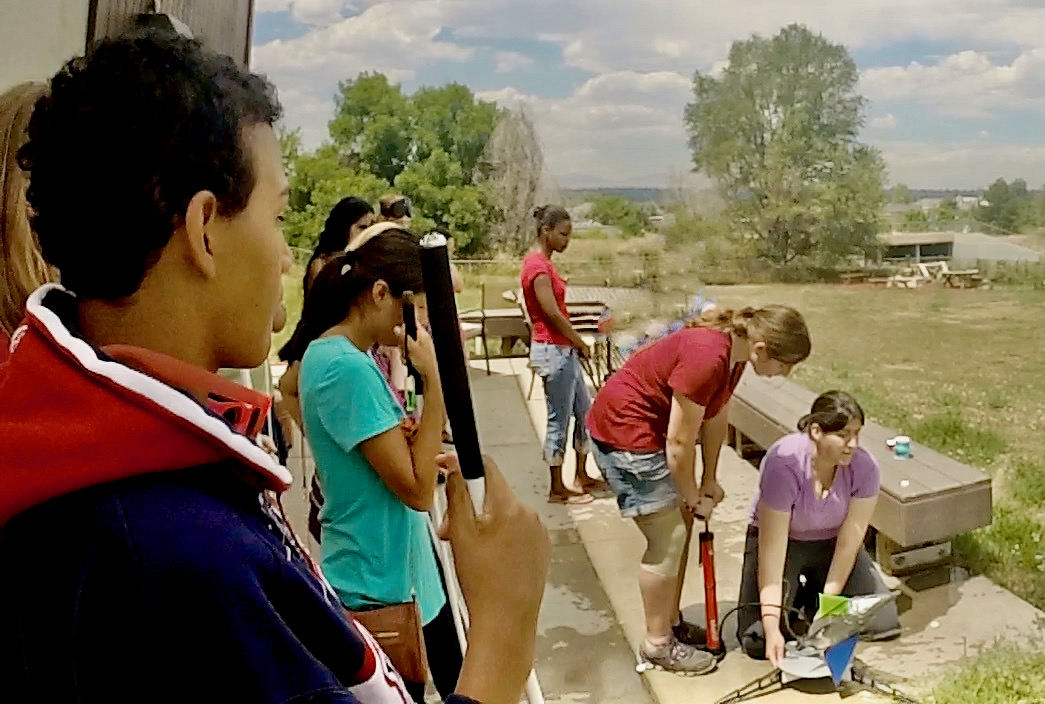
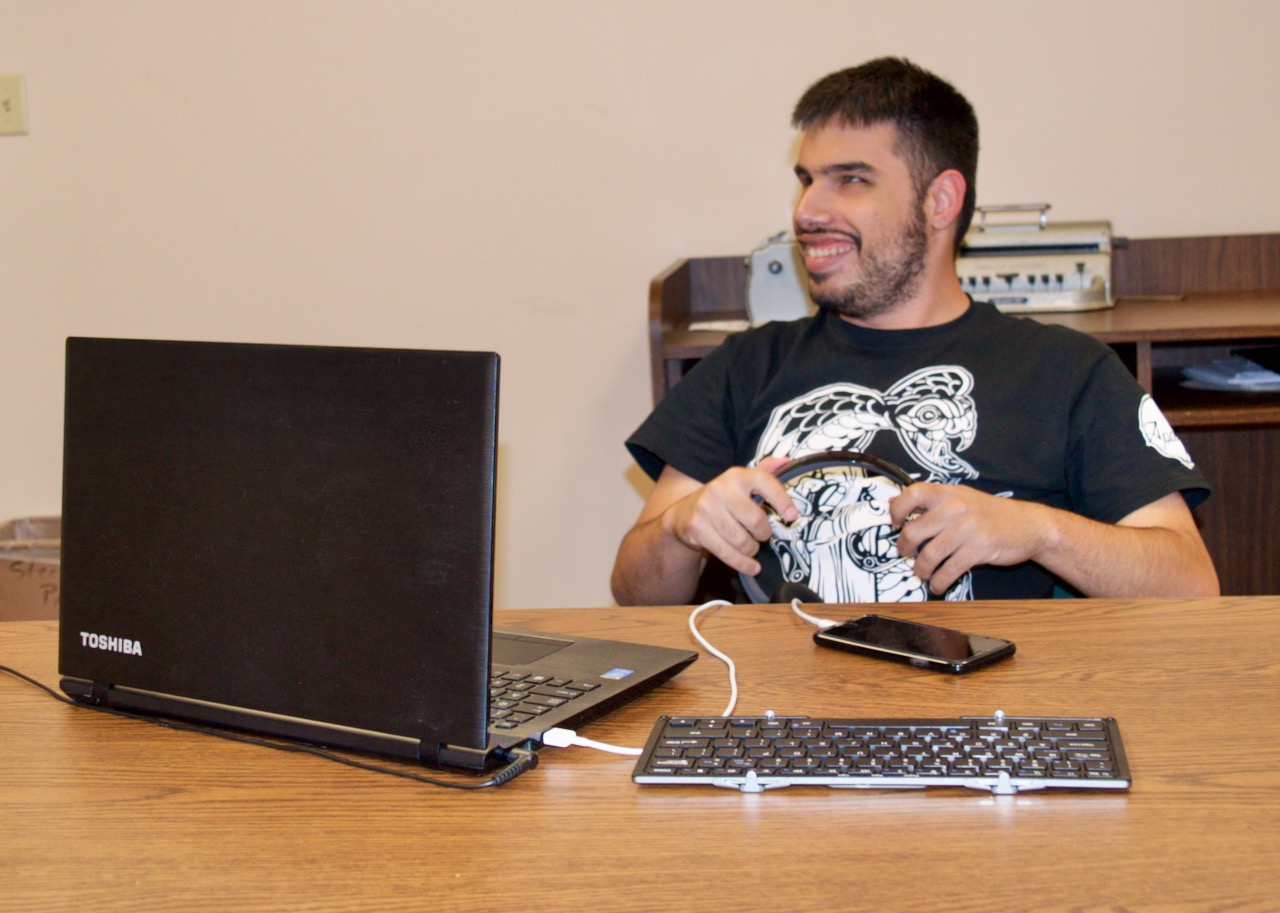
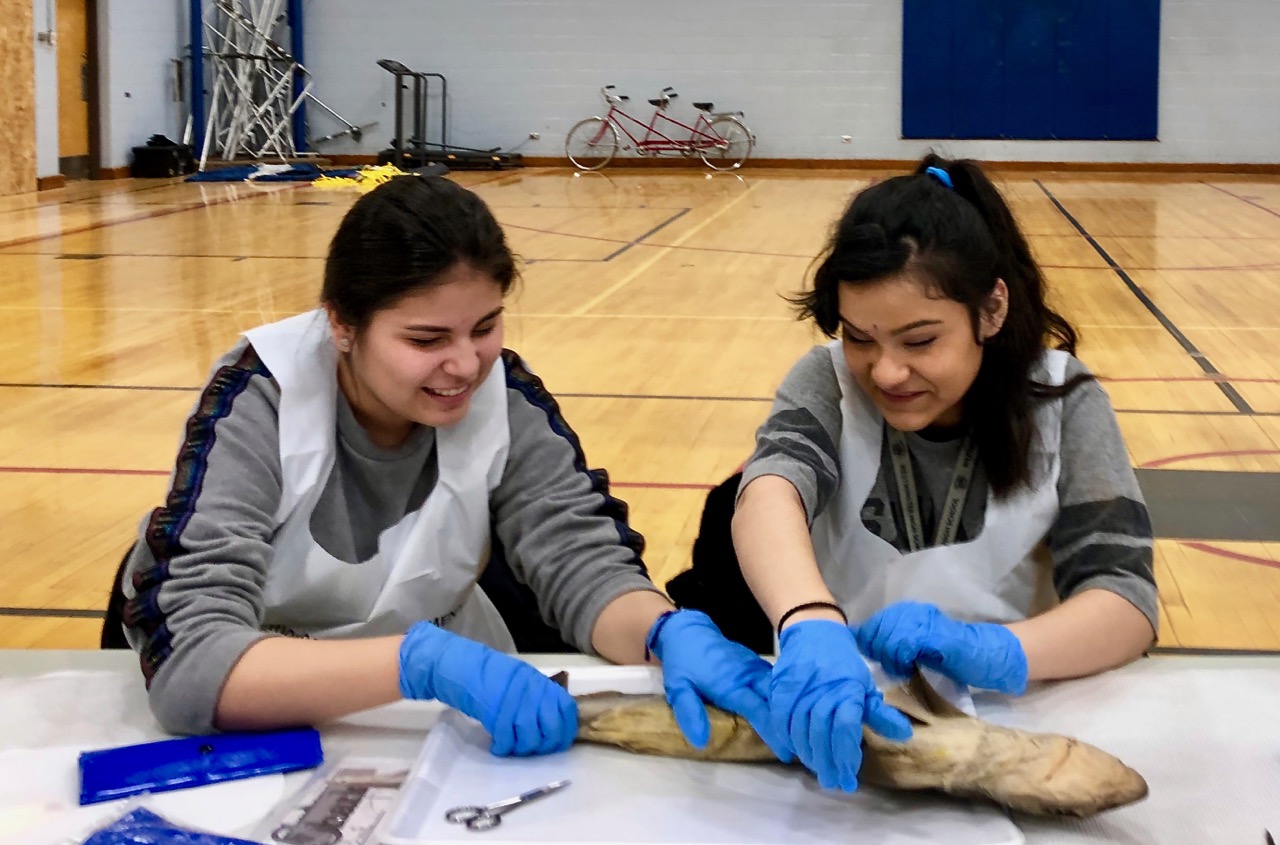 These Denver high school students, Deya and Alma were two of the dozen middle school to college prep students who experienced all the sensory data of a spiny dog shark when they opened one up today at the Center. Well, except for taste. Thanks again to Arapahoe Community College’s Biology Professor Terry Harrison for leading these blind students through a meaningful lesson about anatomy – a lesson with the side benefit of learning that vision isn’t the only sense with which to do real science!
These Denver high school students, Deya and Alma were two of the dozen middle school to college prep students who experienced all the sensory data of a spiny dog shark when they opened one up today at the Center. Well, except for taste. Thanks again to Arapahoe Community College’s Biology Professor Terry Harrison for leading these blind students through a meaningful lesson about anatomy – a lesson with the side benefit of learning that vision isn’t the only sense with which to do real science!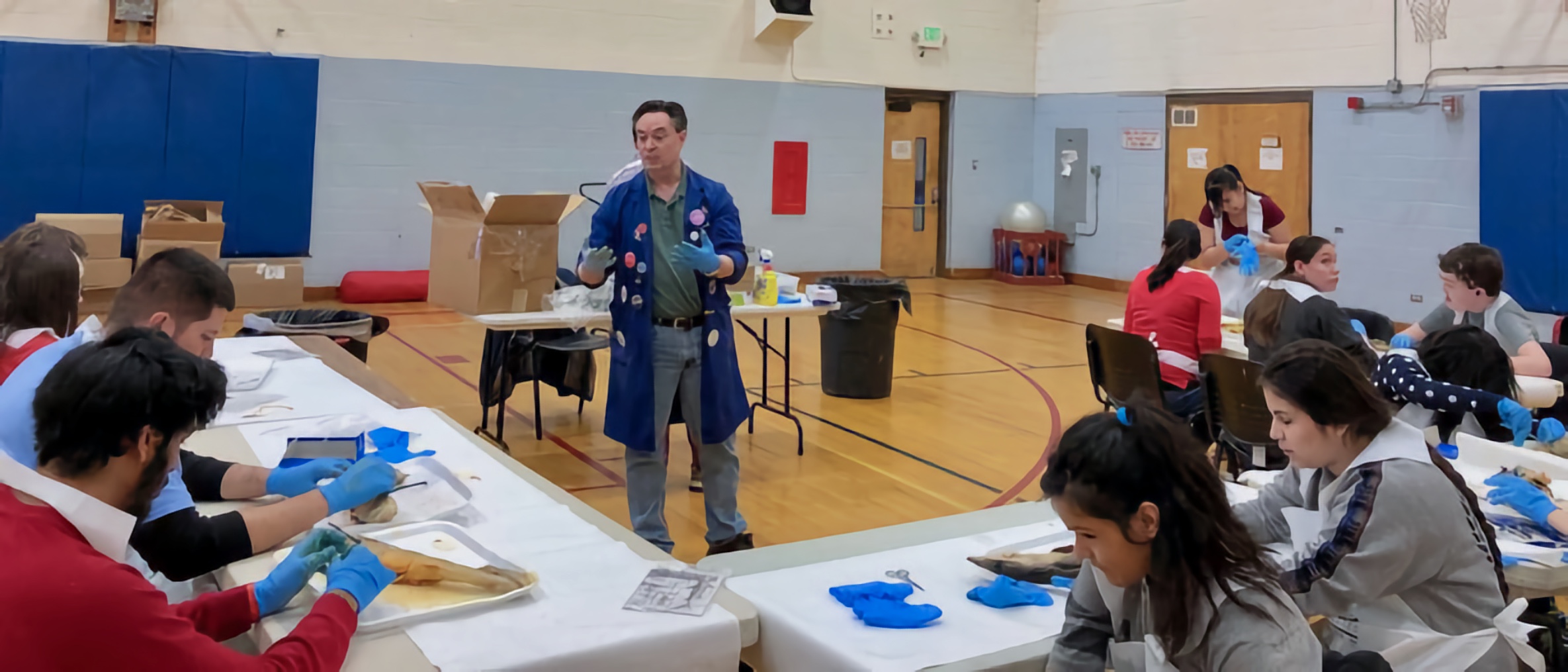
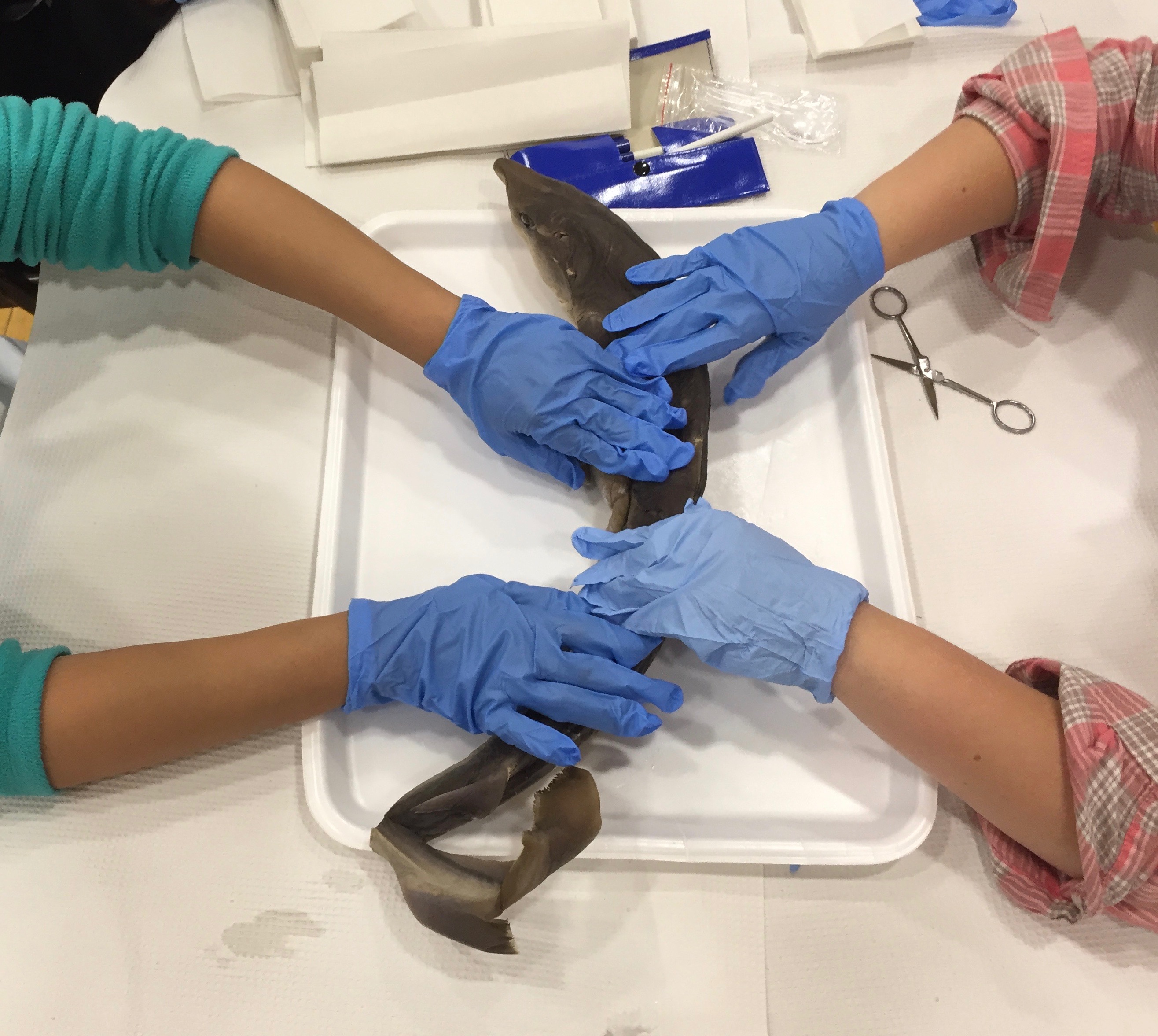 It was a relatively calm morning after yesterday’s Bomb Cyclone, with 8 to 12 inches of snow and extreme winds blowing the flakes sideways and into drifts. Admittedly we had to skate our way into the Center before eight this morning, climbing over ice boulders thrown onto the sidewalk along Prince Street by snowplows, but we are here. We are grateful not to be among the nearly 80,000 customers in the Metro area without power this morning.
It was a relatively calm morning after yesterday’s Bomb Cyclone, with 8 to 12 inches of snow and extreme winds blowing the flakes sideways and into drifts. Admittedly we had to skate our way into the Center before eight this morning, climbing over ice boulders thrown onto the sidewalk along Prince Street by snowplows, but we are here. We are grateful not to be among the nearly 80,000 customers in the Metro area without power this morning.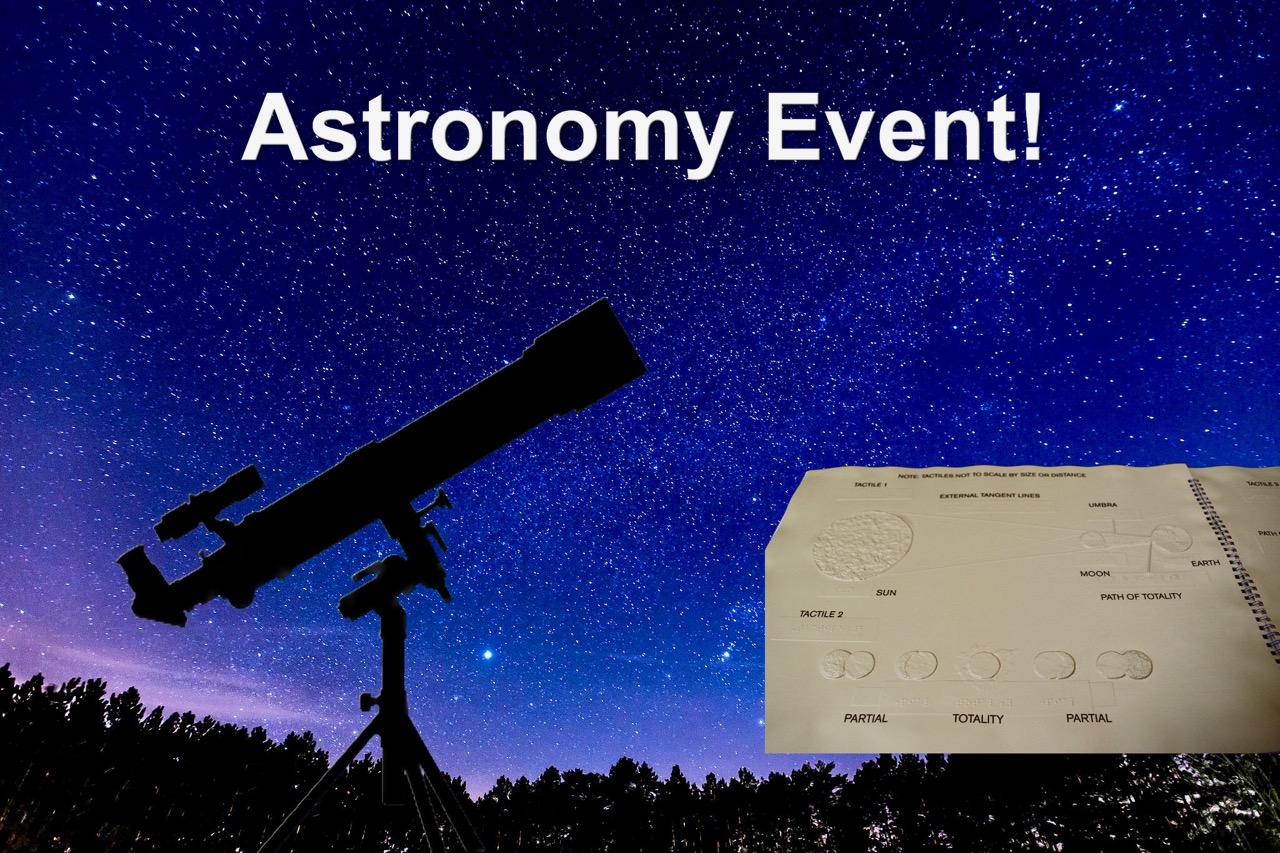 Whirling overhead at all times are stars, planets – whole galaxies. Humans have always wondered at them and about them. Blindness is no impediment to curiosity, including in the area of astronomy, nor is there any reason blind people can’t learn much in this field, often thought to be too visual. Some have even become astronomers themselves.
Whirling overhead at all times are stars, planets – whole galaxies. Humans have always wondered at them and about them. Blindness is no impediment to curiosity, including in the area of astronomy, nor is there any reason blind people can’t learn much in this field, often thought to be too visual. Some have even become astronomers themselves.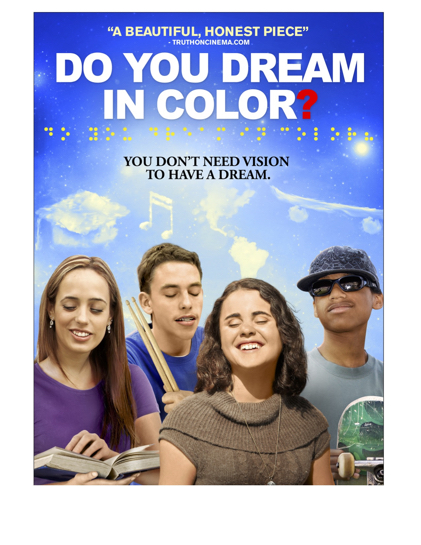
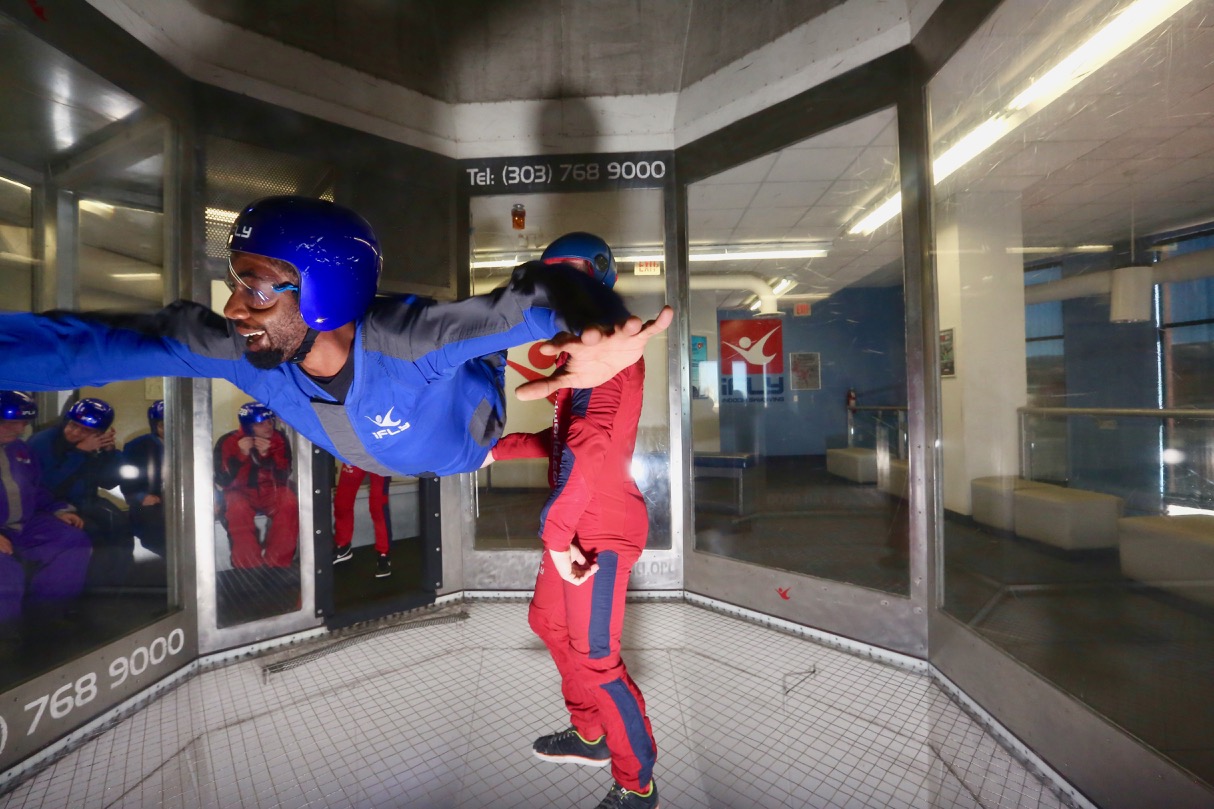 I-Fly Denver invited us over on Monday to take flight and learn about the science around wind tunnels and things like force and resistance. There was math involved, just saying.
I-Fly Denver invited us over on Monday to take flight and learn about the science around wind tunnels and things like force and resistance. There was math involved, just saying.